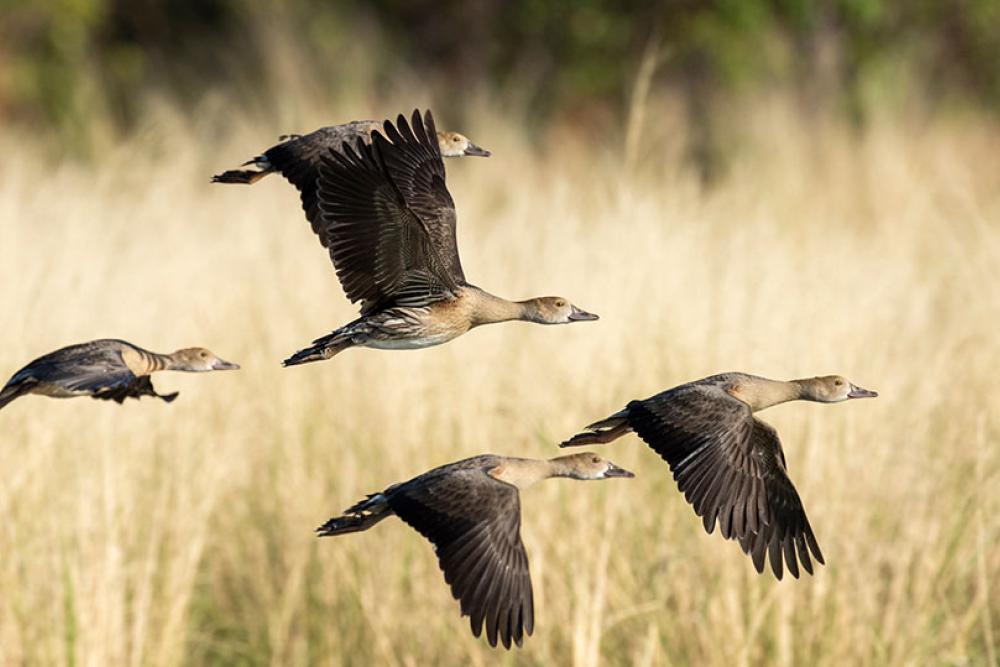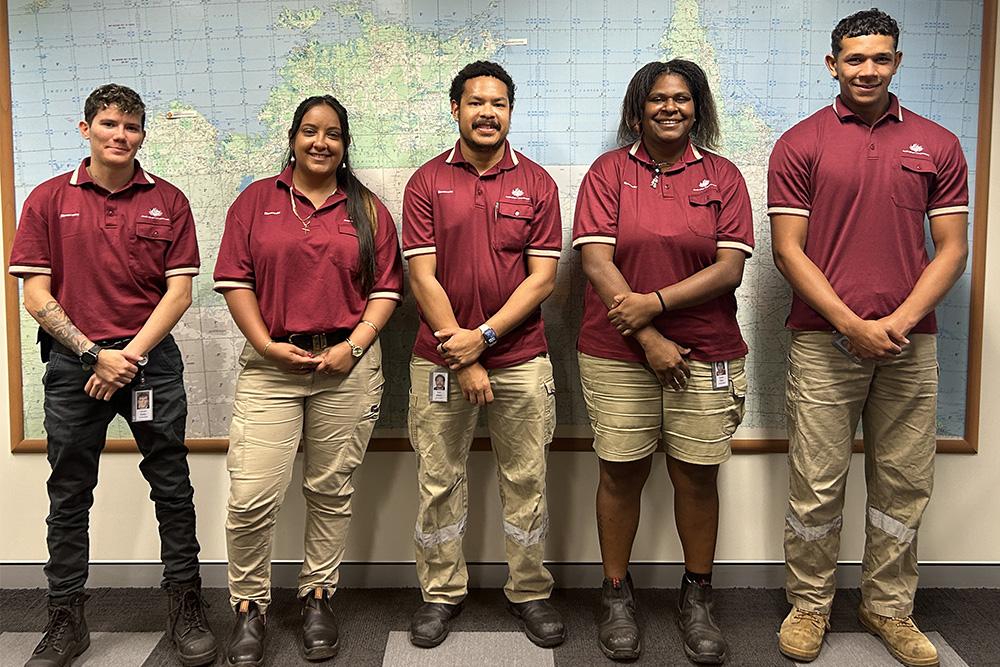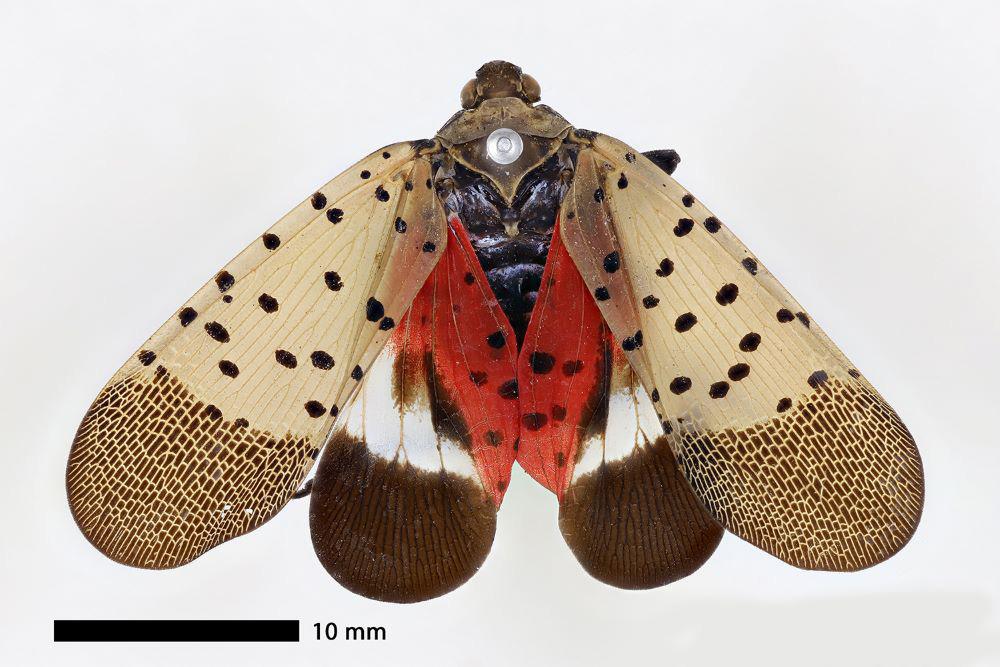Australia’s frontline detector dog program remains at 42 strong after detector dog Velvet retired and new graduate Finlay joined the ranks.
First Assistant Secretary of Biosecurity Operations at the Department of Agriculture, Water and the Environment Colin Hunter said detector dogs and their handlers are a vital part of Australia’s biosecurity detection capabilities, intercepting tens of thousands of biosecurity risk items each year.
“Detector dogs play an important role in ensuring biosecurity compliance of travellers and are key to finding difficult to detect biosecurity risk,” Mr Hunter said.
“We continue to have 42 detector dogs deployed nationally to sniff out biosecurity threats through the traveller, mail, and cargo pathways.
“Detector dog Velvet retired from active duty in November 2021. Velvet predominantly worked in Sydney, with short periods of deployment in Melbourne and Brisbane. Velvet had 2,600 actionable biosecurity seizures in her career, including fruit, vegetables, meat, seeds and eggs, and was the first detector dog to successfully detect a live Brown Marmorated Stink Bug.
“Velvet has retired to a loving home, has settled in nicely with the rest of her new pack and now enjoys long walks on the beach.
“The most recent graduate, Finlay, completed his novice detector dog training in January. Following a brief deployment in the mail, traveller and cargo environments in Brisbane, he is now on his way to Sydney to continue sniffing out biosecurity threats. At only two years old Finlay is very energetic. At his graduation he preferred to play tug of war with his hat rather than wear it, showing everyone his playful side.
“With the return of international travel, detector dog teams around the country are ready to meet the increased demand for screening.”
For more information on Australia’s detector dogs visit agriculture.gov.au/detector-dogs.
Photos are available at: https://f.io/8YXoC-fH.
Fast Facts:
- Recently the detector dogs have been conducting biosecurity inspections on imported vehicles as the exotic pest Brown marmorated stink bug can be found hitchhiking on board these vehicles. The first ever dog to sniff out a live detection of these nasty hitchhikers was Velvet.
- Biosecurity detector dogs screened more than 10.5 million incoming mail items and intercepted approximately 9,400 biosecurity risk items in 2021 (to 31 October 2021).
- The highest volume commodity detected was plant and plant products (including seeds) with over 6,900 interceptions across the four international mail centres.



